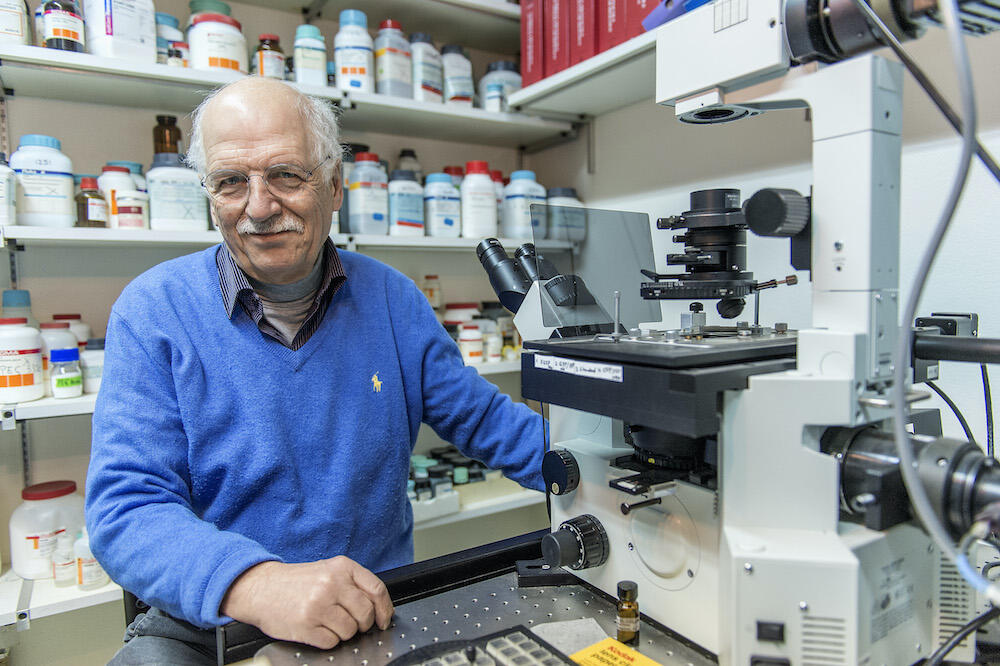الأربعاء, يونيو 28th 2023

(Keystone SDA) A 41-year-old man with an antibiotic-resistant chronic lung disease – thought to beyond saving – has been treated in Geneva with a new type of therapy.
The so-called bacteriophage therapy was used successfully for the first time in Switzerland, as the University Hospital of Geneva (HUG) and the University of Geneva (Unige) announced on Tuesday. The results were published in the renowned journal Nature Communications.
According to the information provided by the two institutions, the patient was considered lost. After six months of continuous intravenous antibiotic therapy in the hospital, he showed no prospect of improvement. Experimental therapy with bacteriophages was approved as a last resort.
Bacteriophages are bacteria-eating viruses. They attack specific microbes without infecting human cells. In combination with antibiotics, they thus avoid antibiotic resistance. However, the treatment methods are still in their infancy; therapies with bacteriophages are not approved in Switzerland.

According to the announcement, a major challenge was to find a suitable bacteriophage for the bacterial strain in question. Finally, the doctors found the right bacteriophage at Yale University in the U.S.
This was administered to the patient in the form of aerosols. At the same time, he continued to receive intravenous antibiotics. According to Unige and HUG, the patient’s improvement was “spectacular.”
The patient did not show any side effects. After the treatment, he was able to leave the hospital and resume his work. According to the two institutions, his life could not have been saved without bacteriophages.
أعيد طبع هذا المقال بإذن من Keystone SDA.
